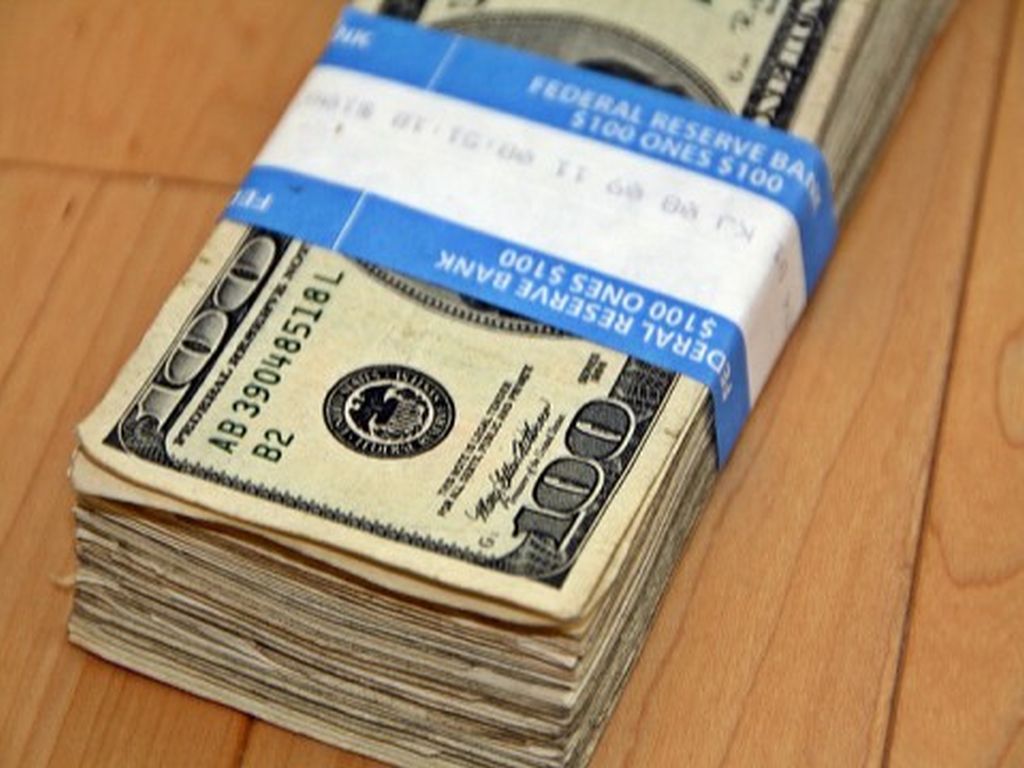Whether you’re in business or you’re worried about your home finances, budgeting can help bring peace of mind to you and help you know where your money is going. It gives you the opportunity to pay bills, save money, and even figure out if you need more money or to control expenses so you can sustain yourself.

budgeting cake
Budgeting sounds really hard and boring to most people, which is probably why they don’t do it. If you have a lot of debt you probably don’t want to know about it, but you can’t address your issues without knowledge; that goes for everything in life. Budgeting isn’t hard, although there are aspects of it that can be complicated. We’re going to give you the easiest way to go about it, which is a great start.
The first thing to do is determine how much money you bring home a month. If you get paid weekly take 4 pay stubs, add them together, and that’s how much you bring home. If you get paid every 2 weeks take 2 stubs and add those together and you’ll get your answer. If you’re a business you might want to use a 3-month calculation if your revenue is pretty close on a yearly basis.
Something for you to think about if we’re talking personal income, and this should make you happy. If you base your estimated bring home income on every 2 weeks then you actually get paid 2 times more than what we’re budgeting for; weekly, 4 times. For now we’ll consider this extra money and not part of the budget; we can always bring that back into play if needed.
Next you need to calculate all of your expenses. If you’ve already paid bills and thrown your stubs away, you can use your checking account to see what you’ve already paid. Log every minimum payment you make every month onto a sheet of paper. If the amount changes, such as your monthly utility bill, take an estimate of what your average is and write that down. You’ll also have to estimate how much gas you put in your car and how much you spend monthly on food.
Total up all of your expenses for one month, and then compare it to your bring home income. Hopefully what you’re bringing home is higher than what your monthly bills are. If not, you now know you’re in some serious financial trouble and need to determine if there are things you can reduce to bring yourself back in line. Maybe cut out a service you get through cable, or determine to set a food budget and stick to it, skipping paying for lunch every day at work. Don’t panic yet; there’s always something that can be done to help bring you back into alignment.
If you’re bringing home more than your bills, congratulate yourself and then start planning how you’re going to use the extra money you have. Financial experts will say that you should put away 10% of your money for a rainy day, which always sounds good but may not always be practical. Instead, think about taking maybe 5% and putting it away somewhere, maybe a cash jar or a savings account. The idea is to start building up emergency money in case you need something in particular, such as new tires or a new refrigerator. Things break when we least expect them to and often aren’t financially ready for.
If you’re in trouble and you can’t figure things out, that’s when you might need to go to someone for help. If you have problems because of credit cards someone like Consumer Credit Counseling might help. If it’s other problems someone like us can help, since helping people budget their money is one of the things we do. There will be some hard choices to make, some things you might have to live with for a while that you won’t like, but bringing down debt without getting into trouble that harms your credit report and credit score should be worth it.

